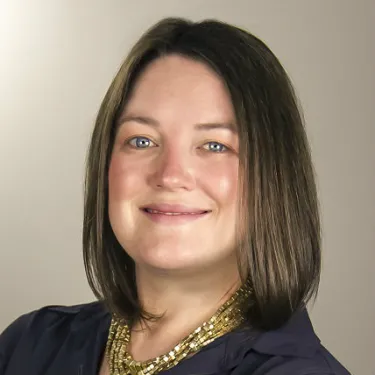
Lauren Clay, PhD, MPH
Location
Contact
Disaster resilience and health equity go hand in hand. Raised in south Louisiana, Hurricane Katrina had a significant impact on my worldview. I watched Hurricane Katrina unfold and shine a light on structural inequities in the United States. Racial and ethnic minorities and the socioeconomically disadvantaged experienced a disproportionate impact of the storm’s destruction and adverse health consequences. Seeing the impact of Hurricane Katrina at home set me on a path to study public health and disasters with the goal of understanding and reducing health disparities in disaster impacted communities in the US particularly in Gulf communities. My current research focuses on understanding disparities in post-disaster health and well-being. Much of my work focuses on the Gulf Coast, however it is essential to examine diverse hazard types, scale events, and geographic contexts to better understand how to achieve recovery, health, and well-being following disasters. My goal is to translate my research into tangible, sustainable benefits for minority and socio-economically disadvantaged communities experiencing disaster.
Credentials
Education
Research
Current research
My current research projects examine the influence of community social institutions on household disaster recovery, the role of preparedness in disaster experience and outcomes, and stress and food insecurity during long-term disaster recovery. I study a variety of disaster events including Hurricane Katrina, Superstorm Sandy, the Gulf Coast Oil Spill, and the 2013 Moore, OK tornadoes. My methodological approach is primarily quantitative including epidemiology and spatial analysis.
Research interests
Public health impacts of disasters, post-disaster child and family health, post-disaster health disparities, individual and household preparedness, global health